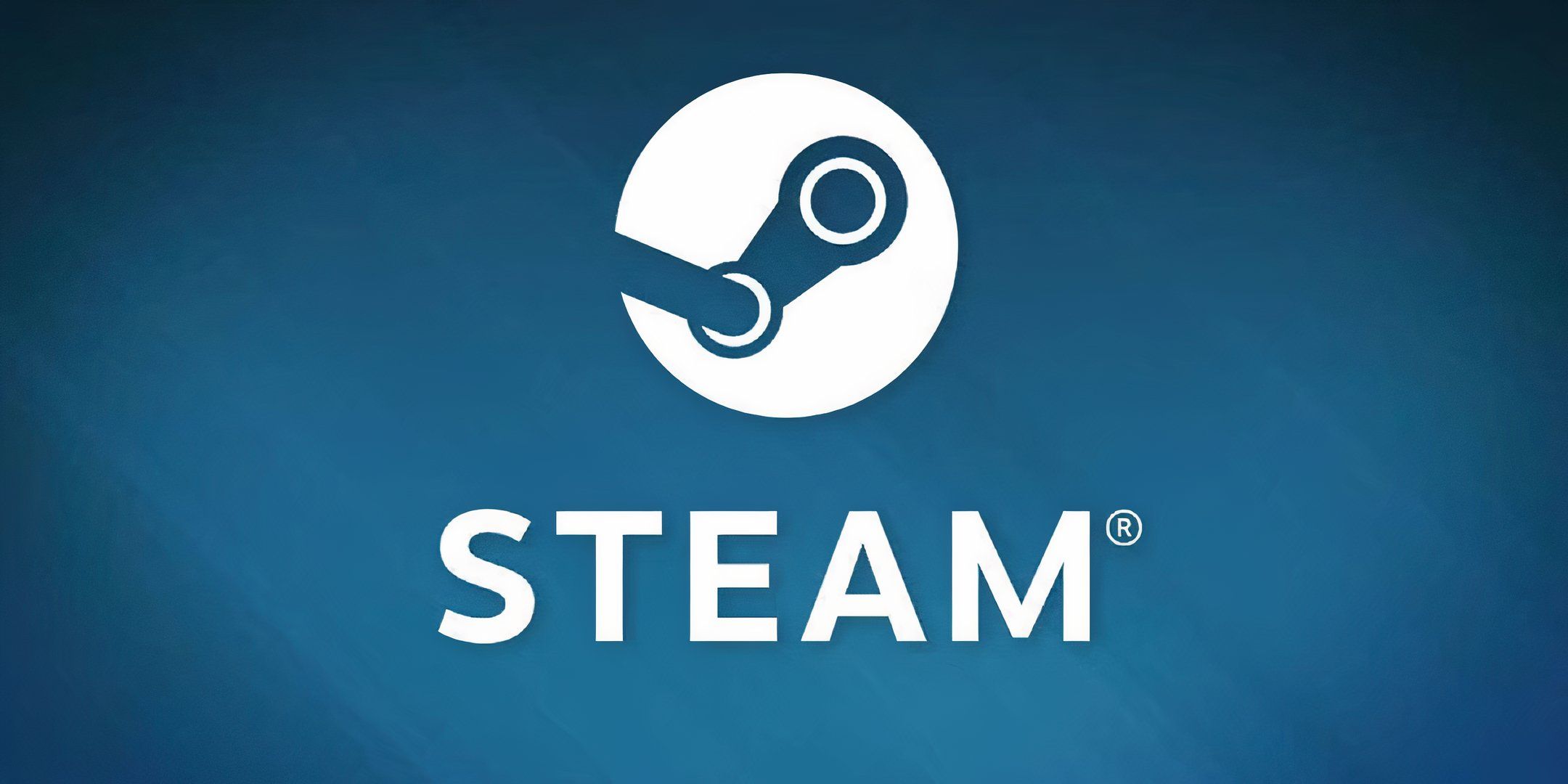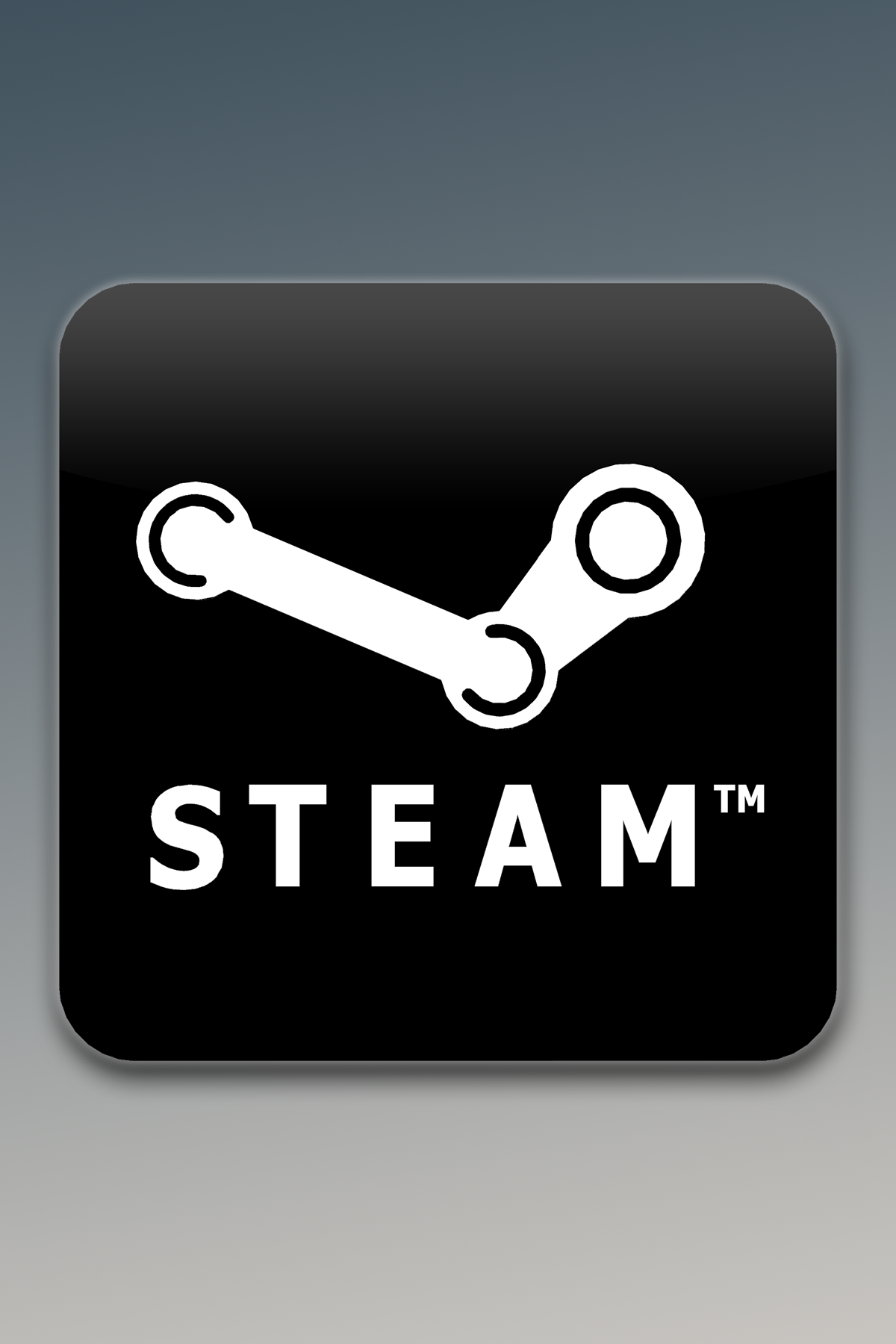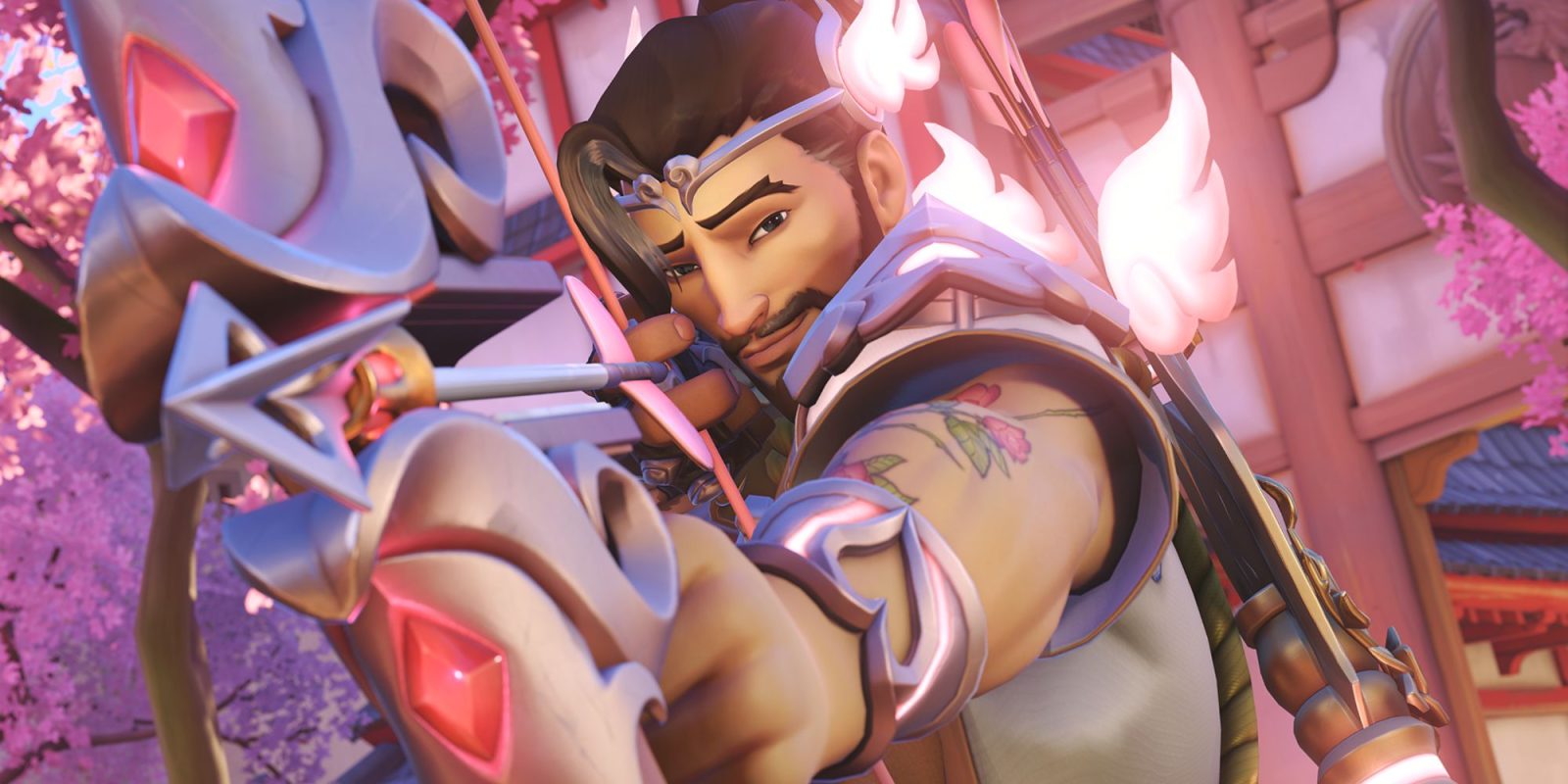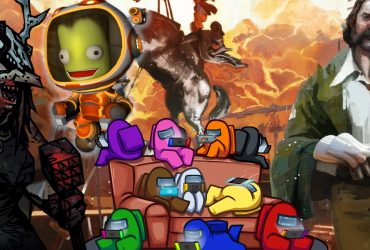Nothing hurts more than broken promises, especially when they’re related to a game you love or are looking forward to. While it’s not always their fault, developers sometimes have to resort to cancelling or delaying additional content. It differs on a case to case basis, but players may feel let down or cheated, especially if they’re looking at the base game and future content as one package.

Related
Valve has been accused of letting hateful content fester on its platform.
Steam introduced a new set of developer guidelines recently, which take into account such instances. Broadly speaking, these guidelines state that should a game feature a season pass, developers must clarify the nature and launch window of future content, thus giving players a clearer idea of what they are purchasing. Additionally, the guidelines also state that should a DLC in a season pass get cancelled, customers are eligible for a refund.
Developers Must Clarify All Season Pass DLC Content Beforehand
As spotted by SteamDB creator Pavel Djundik (thanks, PCGamesN), the new guidelines have made clear to developers that, “By offering a Season Pass, you are promising future content. In the process of launching a Season Pass you will be asked to commit to a launch timing for each content release in the Season Pass. That launch timing is a commitment to both customers and Steam.”
Developers will have to provide the following details to Steam and potential customers:
– A complete list of all DLC included in the Pass. (i.e. listing each of the four DLCs included in a Pass).
– A basic description of the content that’s included in each DLC. For example, the first content release might be “The Glitterlands Expansion – New area to explore, two new weapons, and new enemies.” It’s not required for the DLC to have a final name at the launch of the Season Pass. The information about the content in the DLC doesn’t need to be detailed (simply “new weapons” or “two new weapons” is acceptable, they don’t have to list the exact weapons).
– Expected release date for each DLC. Quarter and Year (i.e. January to March 2025) or Season/Year is acceptable. Of course, a date that’s more precise is also fine (i.e. June, 2025 or June 1st, 2025).
Additionally, in the off chance that a DLC gets delayed, developers will have to provide a revised date that’s within a three-month period of the original date. And, should a planned DLC in a season pass get cancelled, “customers will be offered a refund for the value of unreleased DLC.”
Developing video games is in no way an easy task, and delays are part of the cycle. It’s always better to delay a game or DLC than to put out a buggy, broken product. These guidelines look like they are beneficial to both the developer in terms of planning, and customers, who will be able to make more informed decisions .

Steam
Owned by Valve, Steam is a digital storefront and library for PC games. With many sales, updates, account functionality, and compatibility with many different platforms — as well as streaming options and its own Steam Deck handheld – it remains one of the biggest storefronts for PC gamers.












Leave a Reply